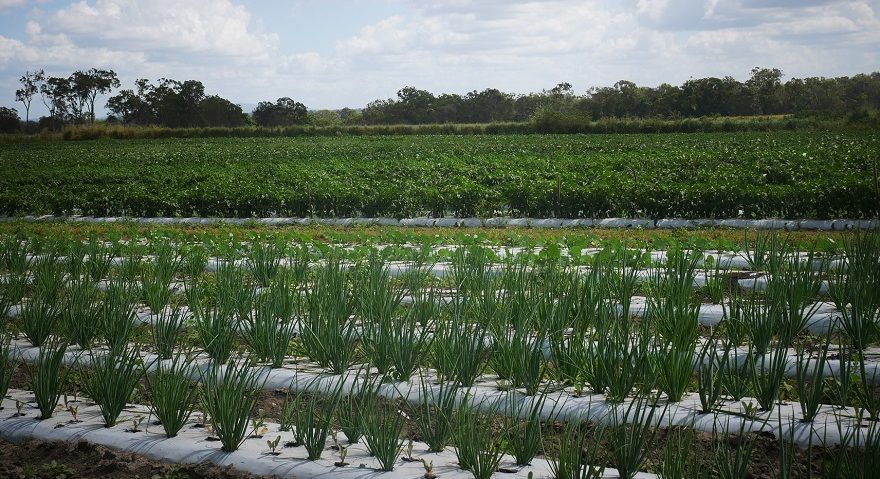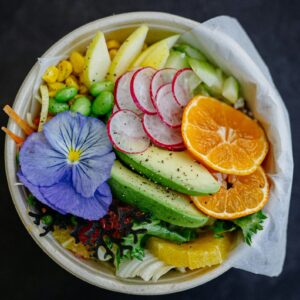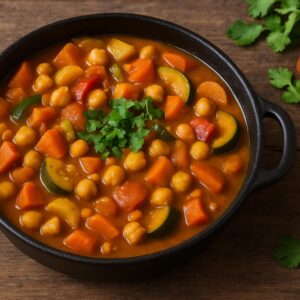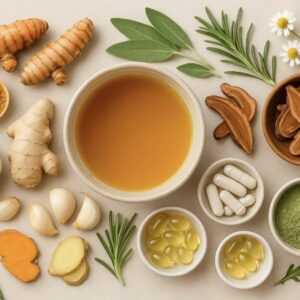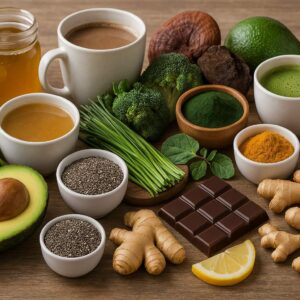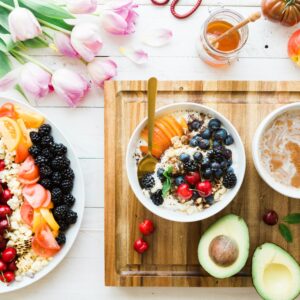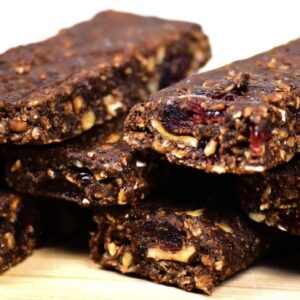Eating organic produce and selecting to use chemical-free household and body products is one choice I’ve made to help minimize the overall toxic load to myself and my family.
Plus, organic produce has so much more flavour than conventional fare (well, we think so anyway!).
In Australia, organic certification (look for the Australian Certified Organic logo below) ensures that food is grown without pesticides, insecticides or fungicides.
It must also be free-range, non-GMO, pasture-fed and free from hormones and antibiotics.
Instead, an organic producer looks to more natural methods such as crop rotation and companion planting as well as natural pest control using plant-based, non-toxic formulas.
As well as seeing the benefits to our own health, choosing to shop organically also impacts positively on the environment as these farming practices greatly reduce chemical run-off into our waterways, minimizes landfill and lessens greenhouse gas emissions.
I can’t afford to go completely organic. Where should I start?
It can seem overwhelming to transition to 100% organic, as well as, financially unfeasible for some. The good news is when it comes to reducing our exposure to toxins, every little change is a positive step forward. Pesticide residues tend to be highest the further up the food chain you go so changing your meat, eggs and dairy is a good place to start.
Also, purchase produce that is in season. Seasonal fruit and vegetables that are more available will obviously be cheaper. Plus, freshly picked food always taste better.
You could start with the most consumed products in the home or choose produce that you eat the skin on, such as strawberries and potatoes, as the skins hold the most chemical residues. Starting with a few key fruits and vegetables, eggs and milk can still make a difference in supporting the health of your family, the environment and the farming industry.
The more people that choose certified organics, the more sustainable the industry and, over time, the less financially onerous it will be.
I don’t have access to organic food. What can I do?
If you live in a remote area with no organic farmer’s market or health shop nearby, you can still benefit by choosing to grow as much as you can. You could even start a community garden or even a local exchange program with others in your area for any excess fruit and vegetables from everyone’s veggie patch or chicken coup.
Source out your local farms. It is an excellent way to support local farmers and purchase seasonal produce. Whilst we are not all surrounded by organic farms, buying local is the next best thing.
Still on the fence? Here are 5 more reasons “going organic” makes sense:
- It tastes way better thanks to the absence of chemicals and preservatives. (I personally tested this theory by giving my children some organic and conventional broccoli and they all chose the organic variety. The proof is in the pudding.)
- It has more nutrients. Many organic fruits and vegetables have shown higher concentrations of antioxidants than their conventional counterparts. Plus, the absence of toxins is also going to benefit your health.
- Organic also means GMO free, which means your food hasn’t begun in a laboratory.
- It’s kinder to our animal friends. Organically raised animals must have access to the outdoors and are healthier and happier thanks to sunshine, fresh air and an absence of antibiotics and growth hormones.
- You get to buy in season. Buying organically often means you are eating produce that is in season and is therefore fresher, has travelled less miles and tastes far superior to that year old apple you bought from the supermarket.

you may also like
what to look out for when buying organics
sources
http://austorganic.com/wp-content/uploads/2013/09/Consumer_Standards_Final_21.pdf
http://austorganic.com/consumers/7-reasons-to-go-certified-organic/

